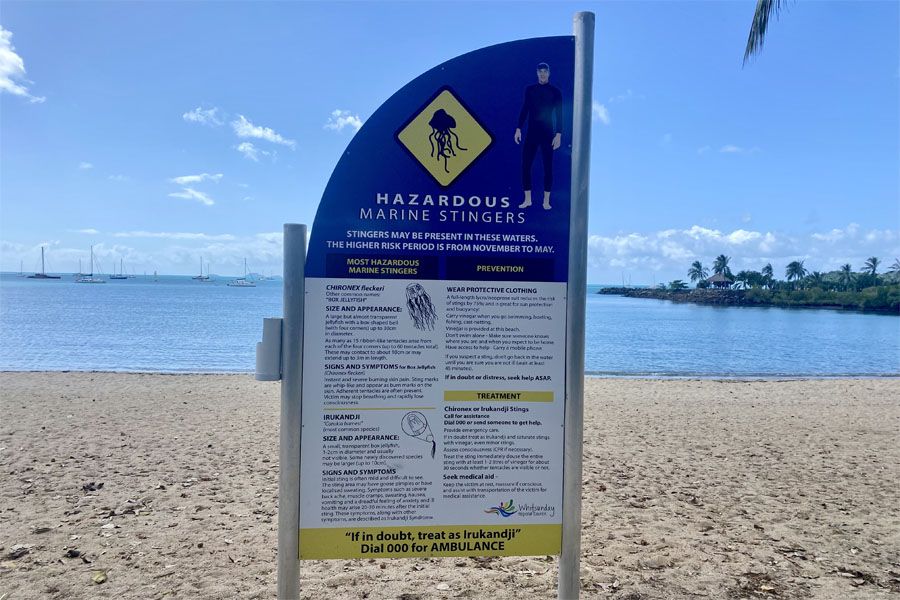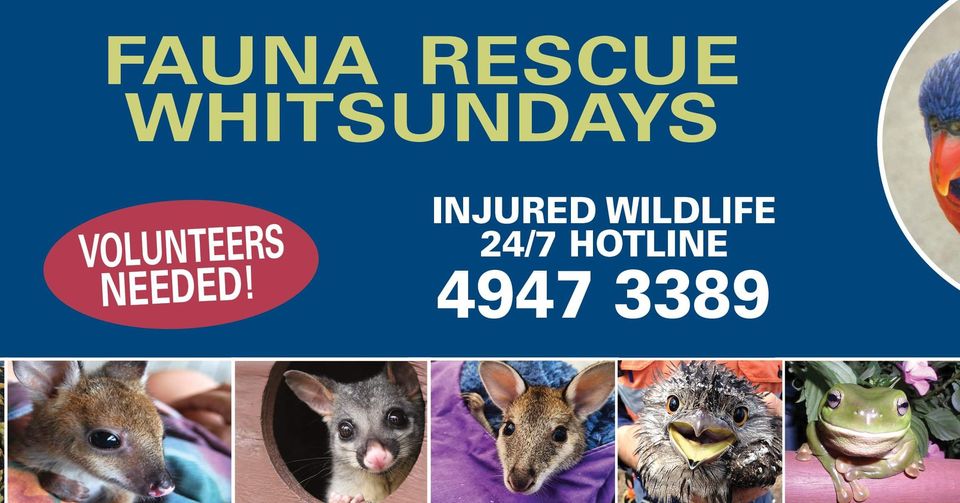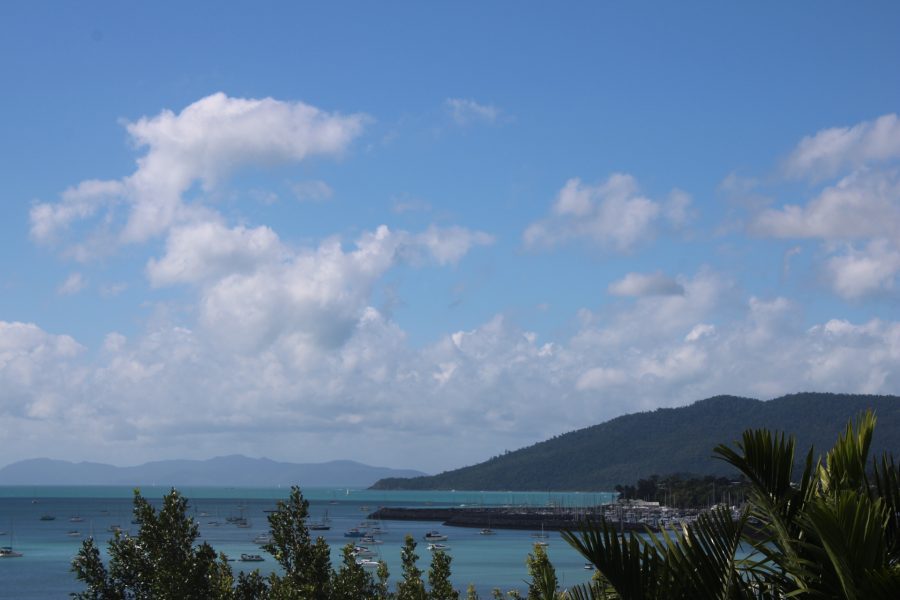SWIMMERS in the Whitsundays are being encouraged to suit up if they plan to go in the waters, with the number of Irukandji marine stings for the months of December and January now totalling 13.
This almost equals the total number of Irukandji stings recorded for the same summer period last year, with still three weeks to go before the end of January.
Bowen Hospital Senior Medical Officer Dr Michael Reinke said the four Irukandji stings experienced in Bowen occurred at Gray’s Bay.
“We know it’s hot and that the best way to cool down is by going for a swim, but people need to be aware that there are stingers and jellyfish about,” Dr Reinke said.
“Protective clothing, such as stinger suits and wetsuits, will significantly reduce your risk of being stung.
“People should also try to swim in patrolled areas and know first aid.”
Dr Reinke said it could be difficult to work out which species of jellyfish had caused a sting.
If in doubt, you should treat a sting as if it was potentially serious by dousing in vinegar, carefully removing tentacles if present and rinsing with seawater, and seeking medical attention.
Symptoms of an Irukandji sting may not be immediate and can appear five to 45 minutes later.
They include severe backache or headache, shooting pains in muscles, chest and abdomen, nausea, anxiety, restlessness, vomiting and breathing difficulties.
Irukandji stings can cause heart damage and failure.
First aid steps: Call for help – Dial 000 for an ambulance; treat the sting – pour vinegar onto sting, remove tentacles, rinse with seawater; emergency care – Administer CPR if needed; seek medical aid – transport to hospital (if necessary).






